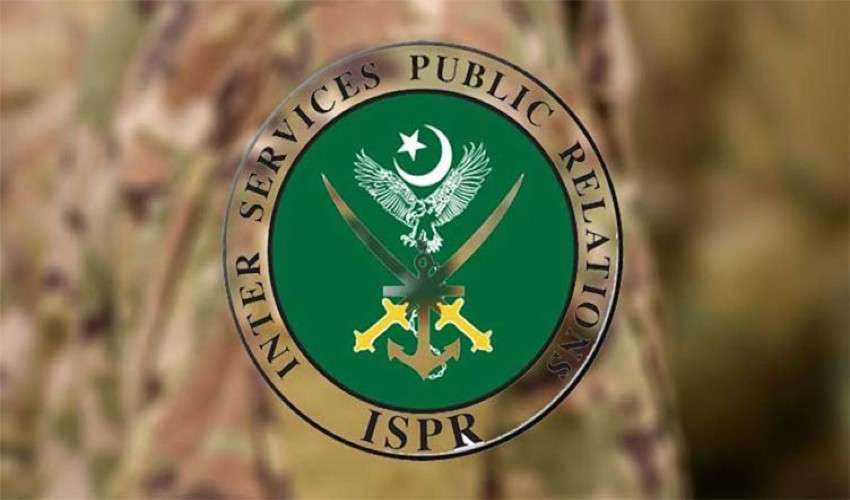Islamabad – Former Vice President of FPCCI Atif Ikram Sheikh said on Saturday lauded the government for finalising a critical deal with the International Monetary Fund (IMF) hours before expiry of the current programme.
The IMF has reached a staff-level pact with Pakistan on a $3 billion stand-by arrangement, for which Pakistan was trying since months to avoid a default, he said.
The deal offers some breather to the government, which is battling an acute balance of payments crisis and falling foreign exchange reserves, he added.
Atif Ikram Sheikh who has also served as President ICCI and Chairman PVMA said in a statement issued here today that the funding, spread over nine months, is higher than expected for Pakistan.
Pandemic, political struggle, devastating floods, commodity price hikes following, and policy missteps pushed Pakistan to the brink, stalled economic growth and inflation broke all the previous records making live of the masses a living hell, he added.
The business leader said that despite efforts to reduce imports and the trade deficit, reserves have declined to very low levels, power sector deteriorated and confidence of the business community touch the lowest levels.
However, he added, now the recent arrangement with IMF would provide an opportunity to get loans from others multilateral and bilateral partners as country needs at least 24 billion dollars in the next fiscal to repay loans, he observed.
Atif Ikram Sheikh said that the Stand-By Arrangement (SBA) will support efforts of the government to stabilise the economy from recent external shocks, preserve macroeconomic stability and provide a framework for further loans.
SBA will also create space for social and development spending through improved domestic revenue mobilization and careful spending execution to help address the needs of the people.
Dedicated policy implementation is key to overcome its current challenges, including fiscal discipline, a market-determined exchange rate, and further progress on reforms, particularly in the energy sector, to promote climate resilience.
The parliament had approved the FY24 budget in line with the goals supporting fiscal sustainability and mobilising revenue; this which will enable greater social and development spending, but steps are required to broaden the tax base and increase tax collection from untaxed and under taxed sectors.
It will be very important that the budget is executed as planned, and the authorities resist pressures for budgeted spending or tax exemptions in the period ahead, he emphasised.
The State Bank of Pakistan has withdrawn the guidance on import prioritisation and is committed to ensuring the full market determination of the exchange rate, which will improve the economy and the confidence of the business community.
SBP should continue to reduce inflation, maintain a foreign exchange framework free of restrictions and support businesses.
Now the government will be able to meet the external debt repayments due in the next few months; however, it will need to negotiate another long-term programme with the IMF after the elections so that it can tackle balance of payments and external debt repayment problems.
IMF support lifts the immediate risk of default and provides much-needed liquidity to support an aggressive reform agenda.















